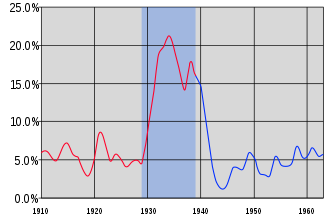georgephillip
Diamond Member
- Dec 27, 2009
- 43,748
- 5,202
Here's a bigger HINT:And who provides jobs for the working class?
HINT: It ain't the poor
It ain't shareholders.
The Divine Right of Capital by Marjorie Kelly
"Today, our worldview has a bias – that stockholders are to be paid as much as possible, while employees are to be paid as little as possible.
"'Income for one group is declared good, and income for another group is declared bad.'
"Nowhere is this more clear than in our financial statements. Here’s the basic formula you’ll find on financial statements..."
